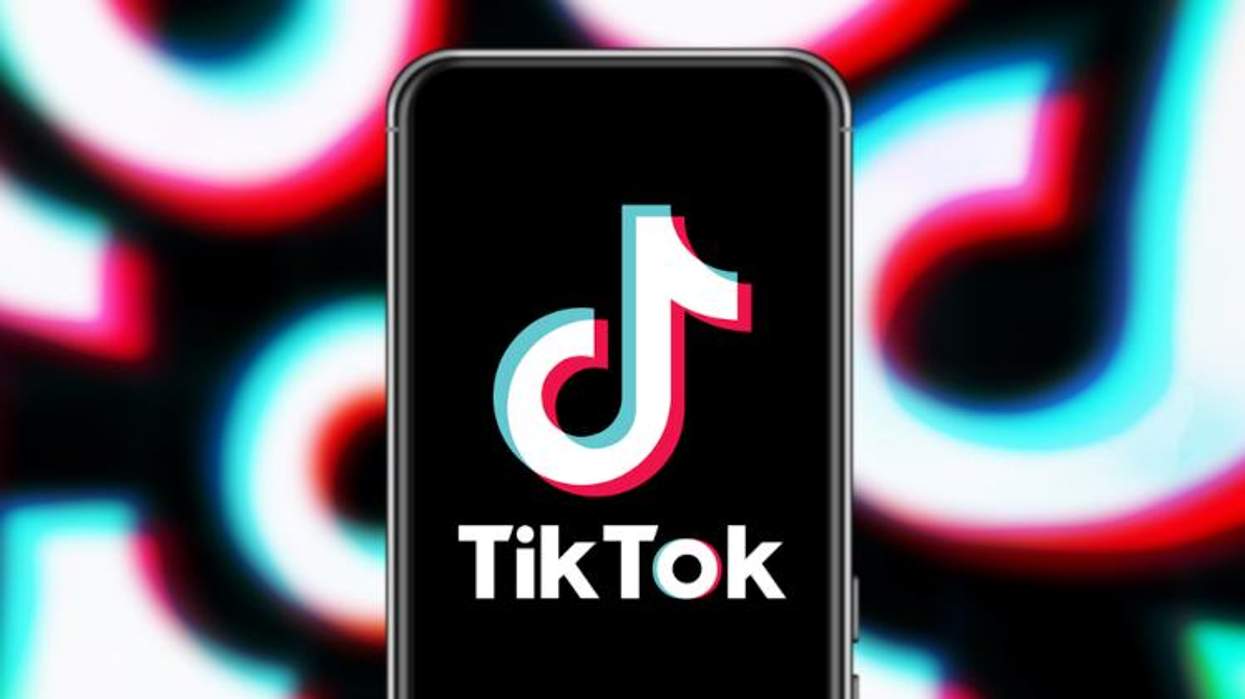TikTok isn't just a place where young people sing, dance, and perform comedy routines -- it's a place where some users promote anti-LGBTQ+ hatred by praising oppressive regimes, celebrating the suicides of transgender people, and conflating LGBTQ+ identity with pedophilia, according to a new report.
The report, released Tuesday by the U.K.-based think tank Institute for Strategic Dialogue, examined 1,030 TikTok videos for various kinds of hatred, including white supremacy, Holocaust denial, terrorism, misogyny, and more, in addition to anti-LGBTQ+ activity. TikTok monitors and takes down such content but does so inconsistently, the institute notes.
In the researchers' sample, they found 90 with anti-LGBTQ+ content. Some users "routinely celebrated the persecution of gay people in authoritarian or undemocratic regimes such as Nazi Germany, modern-day Russia and in Syria and Iraq under ISIS control, and celebrated the suicide of transgender people too," the report notes.
"Transgender people were routinely singled out in particular for abuse, harassment and hate," the document continues. "One video featured an animation that depicted the 'three stages of trans life,' but the third stage was dying by suicide, while another video claimed 'transgenderism didn't exist prior to 2015.'"
Yet another video showed a news headline saying 50 percent of trans youth had attempted to take their own lives, then played the lyric "we're halfway there" from the Bon Jovi song "Livin' on a Prayer." One more claimed that LGBTQ+ people make up 40 percent of convicted pedophiles -- its "evidence" is a Facebook comment, featured in a screen shot.
TikTok has also become a popular platform for recirculating videos by white supremacist Paul Miller, originally posted on a different site, in which he harasses people by using homophobic slurs and other offensive language. "Three of the top ten most-viewed videos, with a collective 3.5 million views, featured content first produced by Miller," the report states.
To do a better job of policing such content, the institute recommends that TikTok broaden its definition of extremist and hateful ideologies; better enforce its existing policies against hate speech, including slurs; educate users on potential risks; and prioritize data access for users. The platform has an estimated 1 billion users worldwide, including 100 million in the U.S.
Read the full report here.




































































Charlie Kirk DID say stoning gay people was the 'perfect law' — and these other heinous quotes